Physical Vs Mental Fitness
There is but one way to live life to its fullest- being fit. Understanding the benefits of all-round fitness and knowing how active you should make it easier to improve the overall quality of your life. To help you live better, here’s how you can benefit from mental and physical exercise regardless of your age, sex or physical ability.
When talking about fitness, both mental and physical fitness come into play. More often than not, physical fitness gets plenty of attention, and for a good reason. A healthy body can counter conditions such as heart disease and diabetes, and help you maintain confidence as you age.
However, mental fitness is just as important as physical fitness, and should not be neglected in your self-betterment plans.
Mental fitness means having a brain and emotional health in tip-top shape. It may not necessarily mean training to ace an IQ test, but a series of exercise that helps slow down, decompress and boost a flagging memory.


Aerobics (cardio)
Aerobics involves maintaining an increased heart rate for an extended period of time. Types of cardio exercises include running, swimming, biking, rowing, dancing, and jumping rope.

Strength
Also called Resistance Training. It’s a physical activity with the purpose of increasing muscle strength and mass. Examples include weightlifting, dumbbell and bodyweight exercises.

Balance
This is where you activate your abdominal muscles for stability and control of your body. Balance exercises can include yoga, tai chi and stability ball exercises.

Flexibility
Bragging about how much you can bench is no fun if you have trouble tying your shoes. Flexibility saves you from tight hips, hamstrings, hip flexors and makes you as strong as you can be.

Why you need to be fit and importance of physical fitness
Weight control leads you towards fitness
Along with diet, exercise plays an essential role in managing your weight and preventing obesity. To maintain your weight, the calories you are taking must equal the energy you burn. To lose weight, you must utilize more calories than you eat and drink.
Manage your sugar and insulin levels
Exercise can reduce your blood sugar level and help your insulin work effectively. This can lower your risk for metabolic syndrome and type 2 diabetes. And if you already have one of those diseases, exercise can help you to maintain it.
Feel Happier through fitness
Exercise has been shown to improve your mood and reduce feelings of depression, anxiety, and stress. It produces variations in the parts of the brain that control stress and anxiety. It can also boost brain sensitivity for the hormones serotonin and norepinephrine, which relieve feelings of depression.
Better Mental Health and fitness
Regular exercise can have an extremely positive influence on depression, anxiety, ADHD, and more. It also relieves stress, increases memory, helps you sleep better, and boosts your overall mood. You don’t have to be a fitness fanatic to reap the benefits – browse through our site and discover how to reap these benefits.
How to Achieve Mental Fitness
Be positive with yourself and improve your fitness
Affirmation, or positively talking to yourself, involves strengthening neural pathways to bring your self-confidence, well-being, and satisfaction to a higher level. To start, make a list of your good qualities. Remind yourself that you don’t have to be perfect. Set goals for what you want to make better and start small to avoid becoming confused.
Stop Multitasking
Many think that multitasking enables you to get more things done at once, but it creates more problems than it solves. Focusing on one task at a time will improve your concentration and help you to be more productive.
Try Something Different
New practices can also set you on the way to mental fitness. You can fit new approaches into your daily life by trying new foods, new ways to accomplish routine tasks, traveling to new places or trying a new route to the grocery store.
Read More
Reading is great for your brain. Your brain processes every word you read, including this one. Beyond the mechanics, reading helps you visualize the subject matter on the pages before you, and imagine what voices sound like in the written dialogue.
This can also be a great relaxation technique
Top Fitness Tips for Mental and Physical Exercise.
General physical fitness and targeted exercises to improve stability can prevent falls. But so can staying mentally ready to maintain brain health. A sharp mind helps you to think — and stay — on your feet. Join us and learn to strike a balance.
No Results Found
The page you requested could not be found. Try refining your search, or use the navigation above to locate the post.
150 Exercises You Can Do
As a bonus, we are giving a free fitness exercise ebook to start your healthy lifestyle
Carbohydrates: Are Carbs Essential?
Essential Carbohydrates (otherwise known as carbs) consist of carbon, oxygen, and hydrogen atoms. Carbohydrates, proteins, and fats form the three macronutrients needed in the body. There are three categories of dietary carbs, but are carbs essential.

Firstly, the sweet sugars are short-chain carbohydrates in foods. Examples of sugar include glucose, fructose, sucrose, and galactose.
Secondly, starches are long chains of glucose molecules that break down to form small units of glucose.
And thirdly, fibers are essential carbs to the bacteria within the digestive system. Take note that humans are incapable of digesting fibers.
Essential carbohydrates help provide energy as when they disintegrate into glucose. Also, carbs transform into fats, then stored as energy for future use. But, unlike sugars and starches, fibers do not provide energy directly. A balanced diet high nutrients density is a way to a healthier lifestyle. Instead, they serve as foods to the beneficial bacteria within the digestive system. From the fiber consumed, the bacteria are capable of producing fatty acids, which serve as energy to some cells in the body.
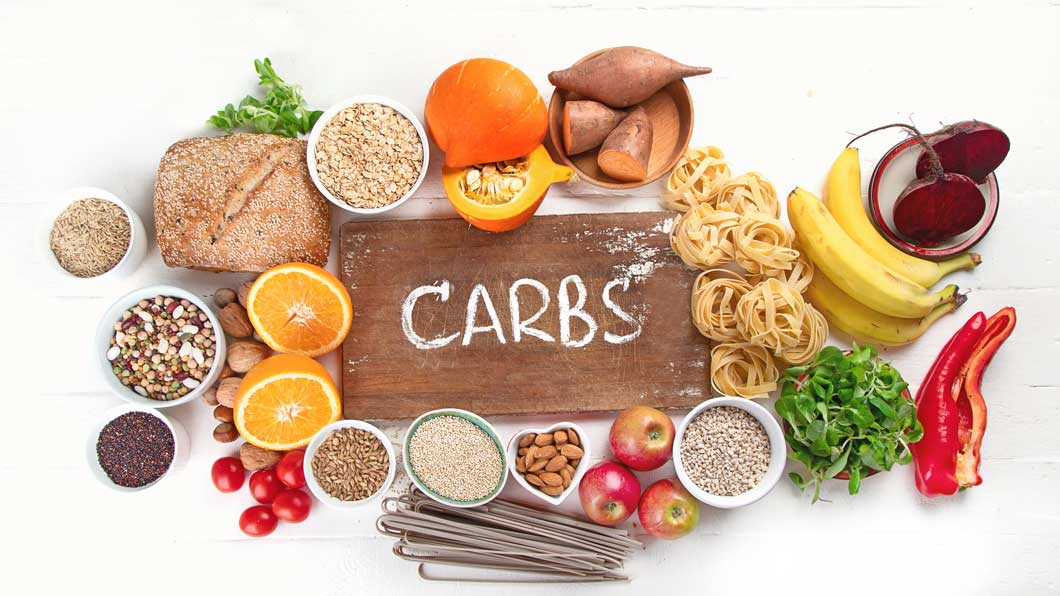
H owever, keep in mind that contrary to the erroneous belief that carbs are the general go-to for energy, this can’t be further from the truth as can be read in the article from Diabetics Forecast. Although carbs offer energy to the system when necessary, the bulk of the energy comes from the fat. Due to the wrong impression, many people often “carb-up” before a workout.This goes someway to answering the question are carbs essential. It important to ditch the wrong carbs as detailed in the article Ditch the Refined Carbohydrates In the end, it results in a short-term and long-term health disaster.
To understand better, the intake of carbs helps transform the molecules into glucose. One of the duties of glucose is to trigger an insulin response. This implies that the pancreas will secrete the right amount of insulin to manage the glucose load effectively. Thus, the more glucose load, the higher will be the insulin required. Insulin works to help glucose movement into different cells for energy conversion in Kreb’s cycle. Once the cells get the needed energy, the remaining glucose will be moved to the fat cells, then stored as triglycerides.
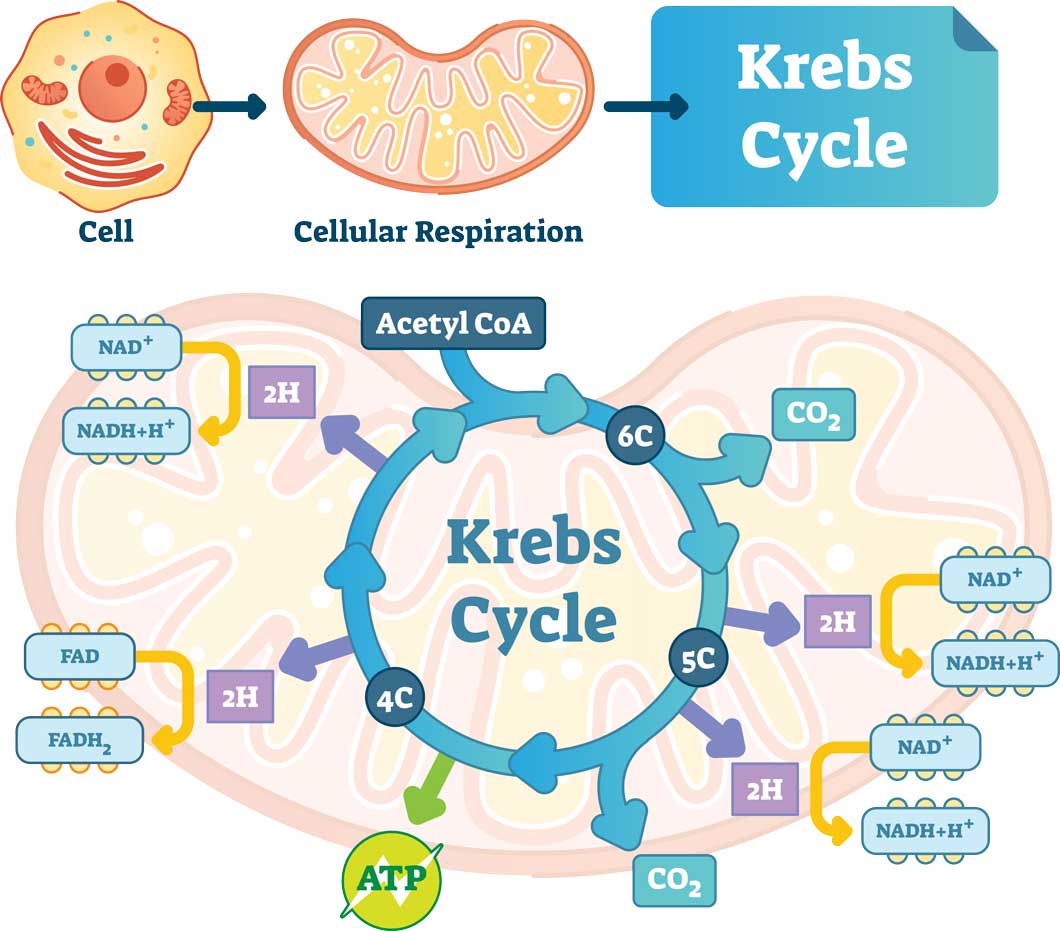
Are there essential carbohydrates?
First off, carbohydrates are not technically an essential nutrient as the body can perform without carbs in the diet. Also, some might ask you the question: Is glucose an essential nutrient? The answer is yes, but only for red blood cells.
Many believe that the brain needs a specific amount of carbohydrates daily. Such a belief is not entirely correct. The organ is capable of using ketones, which develops from fats for energy. More so, with the aid of gluconeogenesis, the body can generate a little amount of glucose needed by the brain.
Besides, the approximate number of nutrients that have been identified as essential to human health is 45. Interestingly, none comes from carbohydrates. Does this mean the answer to the question “Are Carb essential” is no. Read further before making up your mind.
Essential fatty acids (EFAs):
1. Linoleic acid (omega-6)
2. Linolenic acid (omega-3)
Essential Amino acids (EAAs):
1. Isoleucine
2. Leucine
3. Lysine
4. Methionine
5. Phenylalanine
6. Threonine
7. Tryptophan
8. Valine
9. Histidine
10. Essential vitamins:
11. A (retinol)
12. B1 (thiamine)
13. B2 (riboflavin)
14. B3 (niacin)
15. B5 (pantothenic acid)
16. B6 (pyridoxine)
17. B12 (cyanocobalamin)
18. C (ascorbic acid)
19. D (ergocalciferol, or cholecalciferol)
20. E (tocopherol)
21. K (naphthoquinones)
22. Calcium
23. Folate (folic acid, vitamin B9, vitamin M)
24. Choline (vitamin Bp)
25. Essential dietary minerals:
26. Biotin (vitamin B7, vitamin H)
27. Chloride
28. Chromium
29. Cobalt
30. Copper
31. Fluorine
32. Iodine
33. Iron
34. Magnesium
35. Manganese36. Molybdenum
37. Phosphorus
38. Potassium
39. Selenium
40. Silicon
41. Sodium
42. Sulfur
43. Zinc
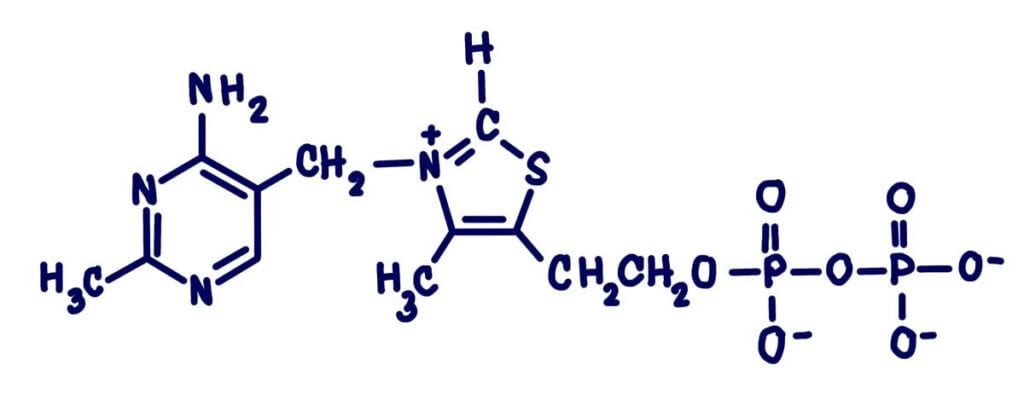
From the list, you can’t find any sugar or carbohydrates in general. This further overrules the wrong notion that our body can’t do without sugar or starch to provide energy. Such erroneous belief has led to several severe health conditions like Type II diabetes and metabolic issues. Also, autoimmune diseases, heart conditions, and obesity occurred as a result. Some people fallaciously believe that 50% of their overall caloric allotment daily should come from carbs.
Fortunately, most specialists are aware of the mistakes of the intake of excess carbohydrates. For instance, the World Health Organization (WHO) changed its sugar intake recommendations to 5 percent of daily calorie intake from 10 percent in 2014. Then, adults with a normal body mass index (BMI) should have about six teaspoons of sugar daily – that’s around 25 grams.
However, several people are unaware that a significant part of the sugar that we consume comes from processed foods. A good example is a can of soda, which contains ten teaspoons of sugar – about 40 grams. Sadly. Most of the so-called healthy meal that will consume contains even more sugars than a can of soda.
Also, you should know that BMI is a flawed concept as it fails to consider lean body mass concerning the fat mass. Consequently, most people think that individuals with regular BMI are healthy while people with usual BMI are not healthy.
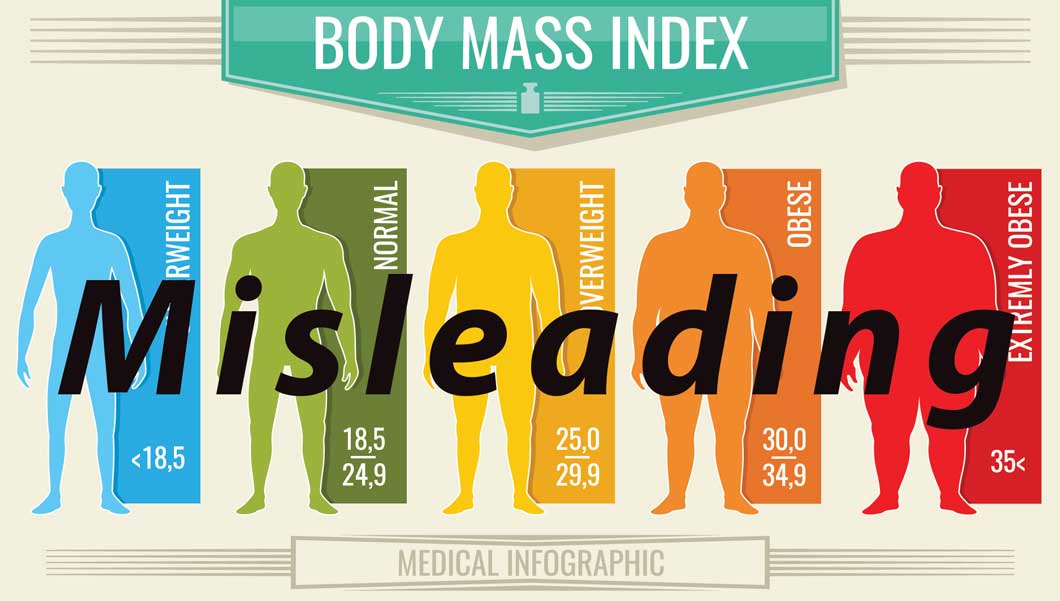
Is sugar killing us?
According to a Pediatric endocrinologist from the University of California, the high amount of sugars in our diet is killing us. Also, recent scientific research supports the idea. The study claims that sugar is toxic, and a good example is the contribution of excessive intake of sugars to heart disease. About 130 pounds of added sugars yearly is being consumed by each individual in America – see the Prevalence map of America –this includes the high fructose corn syrup.
Source https://www.cdc.gov/obesity/data/prevalence-maps.html

Your content goes here. Edit or remove this text inline or in the module Content settings. You can also style every aspect of this content in the module Design settings and even apply custom CSS to this text in the module Advanced settings.
Is sugar killing us?
According to a Pediatric endocrinologist from the University of California, the high amount of sugars in our diet is killing us. Also, recent scientific research supports the idea. The study claims that sugar is toxic, and a good example is the contribution of excessive intake of sugars to heart disease. About 130 pounds of added sugars yearly is being consumed by each individual in America – see the Prevalence map of America –this includes the high fructose corn syrup.
Although several people condemn high fructose corn syrup as even worse than sugar, a researcher has explained that both sugar and fructose corn syrup are metabolically similar and equal. More so, the two molecules are bad for the health and equally toxic. Research also clarified that sugar intake leads to obesity, as well as Type II diabetes, hypertension, and heart disease.
Thus, it is recommends that it is essential to take global action to reduce the risk. An excellent example of what can be done to alleviate the problem is the case of tobacco and alcohol. In most regions, both substances come with regulations and warnings on their labels. And according to the researcher, a similar thing should be done with sugars.
So, is sugar all bad? And What Are the Benefits of Carbs?
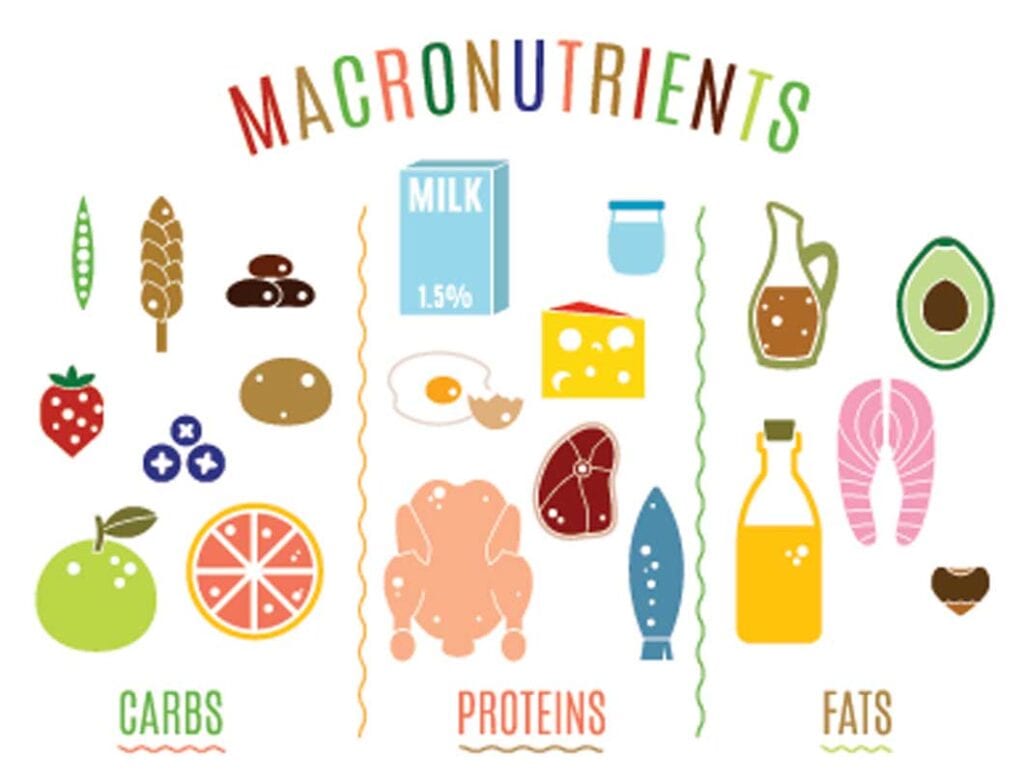
Carbs are not entirely bad for our overall well-being. Our answer to “Are Carb Essential” would be they form an essential element in a diet with controlled input. Natural sugars are essential for athletes who exercise at a high level and boast a normal body composition. A record of 10 to 20% and 18 to 28% are the ideal body fat composition for men and women, respectively. To avoid catabolism of lean body mass, the use of natural sugars must be calculated and consciously done.
Another importance of carbs is that glycogen storage helps provide enough glucose for body functions. Once glucose is in short supply, the muscles will break down into amino acids, then convert to glucose and other molecules to produce energy. Also, this approach is one of the means of providing adequate energy to the brain during a period of extended starvation.
Fiber, which is a form of carbs, can be categorized into two: Soluble and insoluble. Foods such as legumes, fruits (inner part), oats, and some vegetables provide soluble fiber. When the soluble fiber enters the body, it absorbs water to form a gel-like substance. In this way, the bulk in your stool will increase and softens to help pass out the excretes easily. Thus, soluble fiber helps improve stool consistency.

Also, it helps increase the frequency of bowel movements, most notably for people dealing with constipation. Also, the straining and pain connected to bowel movement will reduce. As for the insoluble fibers, they help alleviate constipation by adding bulk to the stools.
Consequently, it makes the excrete move faster via the digestive tract. Insoluble fibers come with whole grains, as well as the seeds and skins of fruits and vegetables. Also, according to reports, getting sufficient insoluble fiber can protect the body against diseases related to the digestive tract.
For instance, an observational study from Harvard showed that a higher intake of insoluble fibers contributes to a 37% reduced risk of diverticular disease in which pouches develop in the intestine due to straining. Thus, the consumption of carbs in the right proportion can help with the overall wellness of the body – So, it isn’t an entirely bad substance.
“Are Carbs Essential” Conclusion
While it is possible to survive on a zero-carb diet, it is not the best choice as you will likely miss out on some beneficial plant foods. A proper intake of carbs will help improve your glucose level, which is an essential nutrient for the red blood cells. Also, it is a preferred source of energy for the brain, placenta, central nervous system, and fetus. So our answer to the question initially posed, “are cabs essential” is yes,
Before we conclude, you should eat carbohydrates in a diet containing some of the essentials listed above. Endeavor to keep away from processed foods, sugars, artificial sweeteners, and fried foods. These foods can result in inflammations and diseases. If you must take any of them, it should be measured and infrequent. Also, you should take more fruits and vegetables.
Finally, adopting a principled and healthy lifestyle is crucial for a desired personal state of wellness.
Always bear in mind that carbs are not “essential,” but they are beneficial to your overall health.
If you are not sure, always consult you medical practitioner for advise on your circumstances.
Other Articles you may like.
Register Now
Sign up today and Get Expert Fitness Advice Right delivered right in your mail

